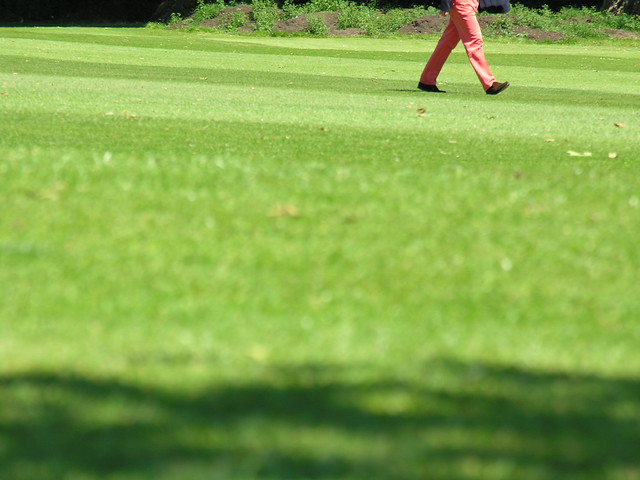Words for ten and related things in Celtic languages:

| Proto-Celtic | *dekam = ten *dekametos = tenth |
|---|---|
| Celtiberian | tekametam = tenth |
| Gaulish | decan = ten decametos = tenth |
| Old Irish (Goídelc) | deich [dʲexʲ] = ten dechmad = tenth, ten days deichenbor = ten people |
| Middle Irish (Gaoidhealg) | deich, dech = ten dechmad, deachmadh = tenth, ten days deichenbor, dechnabar, dechnebur = ten people deichenborach = belonging to a company of ten deichthriub = The Ten Tribes of Israel |
| Irish (Gaeilge) | deich [dʲɛç/dʲɛh/dʲɛ] = ten (an) deichiú = tenth, tenth part deichniúr = ten people deichbhliantúil = decennial (consisting of or lasting 10 years; occuring every 10 years) deachú = tenth part, tithe deachúil = decimal deachúlaigh = to decimalize deachúlú = decimalization |
| Scottish Gaelic (Gàidhlig) | deich [dʲeç] = ten deicheamh [dʲeçəv] (10ᵐʰ) = tenth (10ᵗʰ) deichnear [dʲeçnər] = ten (people) deich ar fhichead = thirty Na Deich Àitheantan = The Ten Commandments deichead [dʲeçəd] = decade, decimal deicheachadh = (act of) decimalising, decimalisation deich-fillte = tenfold |
| Manx (Gaelg) | jeih [d͡ʒɛi] = ten (yn) jeihoo = (the) tenth jeihaght = decade, ten jeih keead = thousand jeih filley = ten-fold Jeih Annaghyn = Ten Commandments |
| Proto-Brythonic | *deg [dɛːɡ] = ten *degβ̃ed [dɛɡˈβ̃ɛːd] = tenth |
| Cumbric | dig, dick, dik = ten |
| Old Welsh | dec = ten |
| Middle Welsh (Kymraec) | dec = ten decuet, decvet, decfed = tenth decuettyd = tenth day dec a hugein(t) = thirty dec a dugein(t) = fifty dec a phedwar ugein(t) = ninety degeir = the Ten Commandments, Decalogue degniev = ten days deguyr, degwyr = ten men |
| Welsh (Cymraeg) | deg [deːɡ] = ten degfed [ˈdɛɡvɛd/ˈdɛɡvad] (10fed) = tenth degfetydd = tenth day deg ar hugain = thirty deg a thrigain = seventy deg a phedwar ugain = ninety dega(w)d = decade degiad = decimal degoes = ten ages or lifetimes, prolonged life degol = decimal, metric, tenth part degolaf, degoli = to decimalize; decimate, tithe degoliad = decimalization, decmiation, a tithing dengair = the Ten Commandments, Decalogue dengnïau = ten days dengnyn, dengw(y)r = ten men, ten persons |
| Middle Cornish (Cernewec) | dec, dék, dég = ten dege, degves = tenth dek warn-ugens, dék war-nugens, degwarnygnas = thirty deg ha dugans = fifty |
| Cornish (Kernewek) | deg = ten degves = tenth deg warn ugens = thirty deg ha dew ugens = fifty deg ha tri ugens = seventy deg ha peswar ugens = ninety degowek, degoweges = teenage, teenager degvledhen = decade |
| Old Breton | dec = ten |
| Middle Breton (Brezonec) | dec, dêc, deg, dégeu, dek = ten decuet, dekved = tenth dec ha triuguent, dec ha tri vguent = seventy dec ha peuaruguent = ninety dek kant, dec-cant, dek-kant = thousand |
| Breton (Brezhoneg) | dek = ten dekvet = tenth dek ha tri-ugent = seventy dek ha pevar-ugent = ninety Dekalog = Decalogue, the Ten Commandments |
Etymology: from Proto-Indo-European *déḱm̥ (ten) and *deḱm̥tós (tenth) [source].
English words from the same roots include ten, decade, decimal and decathlon [source].
Sources: Wiktionary, Am Faclair Beag, Online Manx Dictionary, Teanglann.ie, eDIL – Electronic Dictionary of the Irish Language, In Dúil Bélrai English – Old Irish glossary, Geiriadur Prifysgol Cymru, Gerlyver Kernewek, Gerlyvyr Cernewec, Dictionaire Favereau, TermOfis, Le dictionnaire diachronique du breton, Geriafurch, English – ProtoCeltic WordList (PDF), Etymological Dictionary Of Proto Celtic

